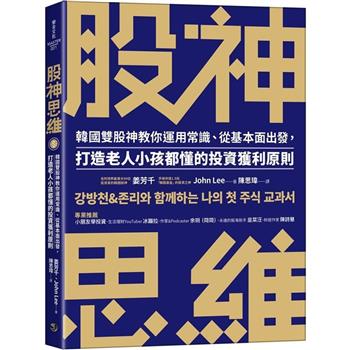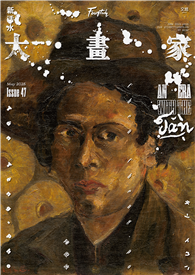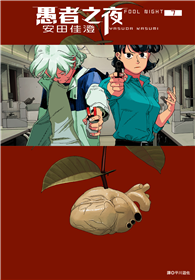I went to law school for a couple of reasons. I did not want to deal with emotions, and I did not want to have to console anyone or help anybody in the middle of an emotional break. I had experienced a lot of personal trauma in my life and if I could not be in touch with my own emotions, I knew I could not be there for others. I also wanted to serve Indigenous people, never contemplating for a moment, the collective and cultural trauma we experienced as a result of colonization. When I began to practice criminal law in Northern Saskatchewan, I found that the whole range of human suffering meets you in a courtroom. I was not prepared for the suffering I had to confront, in witnesses and, inevitably, in myself. I did not know how to deal with people in crisis who looked to me to rescue them and sometimes, pleading with me to do the impossible.
Our legal processes were never designed to be trauma-informed; in fact, I think they were designed to traumatize. No other outcome is possible when we are taught to treat people as nothing more than legal issues. Practicing law in this way creates a lot of harm in people who have already experienced significant harm in their lives. One day, upon meeting a little boy who had been sexually assaulted, I decided I could no longer recklessly contribute to the harm of others, in the name of justice.
This little boy and the hundreds of survivors who followed over the course of my legal career, taught me what I now understand to be trauma-informed lawyering. My contribution to this book is my translation of the education they provided me, the education none of us received in law school--but should have. Myrna McCallum currently lives in North Vancouver, British Columbia, Canada.










